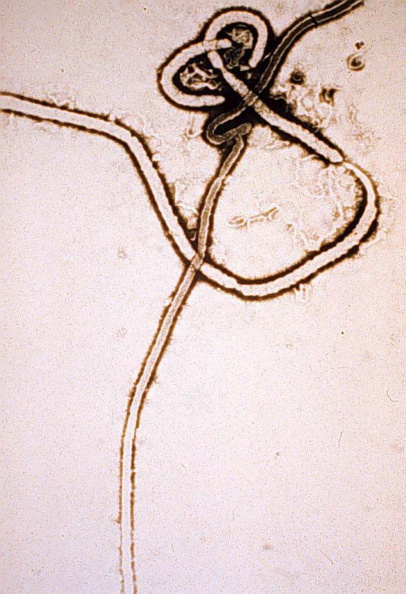
London's Royal Free Hospital has discharged nurse Pauline Cafferkey. Cafferkey, a native of Scotland, was hospitalized in October after suffering from a serious relapse of Ebola.
Cafferkey was treated there for meningitis that developed as a result of Ebola virus lingering in her cerebrospinal fluid. The hospital said that she is now in stable condition and free from Ebola. She was transferred to Queen Elizabeth University Hospital in Glasgow.
Cafferkey was diagnosed with Ebola after working as a volunteer in Sierra Leone. She was first discharged from the Royal Free in January.
Scientists say it is possible for the Ebola virus to remain in the body for months, even after patients have recovered. Thousands of Ebola survivors in West Africa are suffering from long-term side-effects of the disease. The Ebola virus is known to persist for months in certain tissues of the body that are relatively protected from the immune system, including the eyes and the testes.
Cafferkey's doctors do not understand why she fell ill again so many months after her initial infection. Speculation focused on the role of the severity of her initial illness. Another potential factor is the experimental treatments, including treatments with antibodies that she and other patients received when they were treated for Ebola in Western hospitals.
Survivors of Ebola in West Africa commonly report lasting complications such as body aches, joint pain, and eye and ear problems. There have been some reports of neurological problems in survivors, but not a long-delayed encephalitis or meningitis, as with Cafferkey.
Dr. Ian Crozier, another medical volunteer, contracted Ebola in Sierra Leone. After he recovered, he developed a severe inflammatory condition deep inside his left eye. A scan of his brain indicated that he also had suffered from encephalitis.
The Ebola outbreak in West Africa has been declared over in Liberia and Sierra Leone, but is still ongoing in Guinea.
